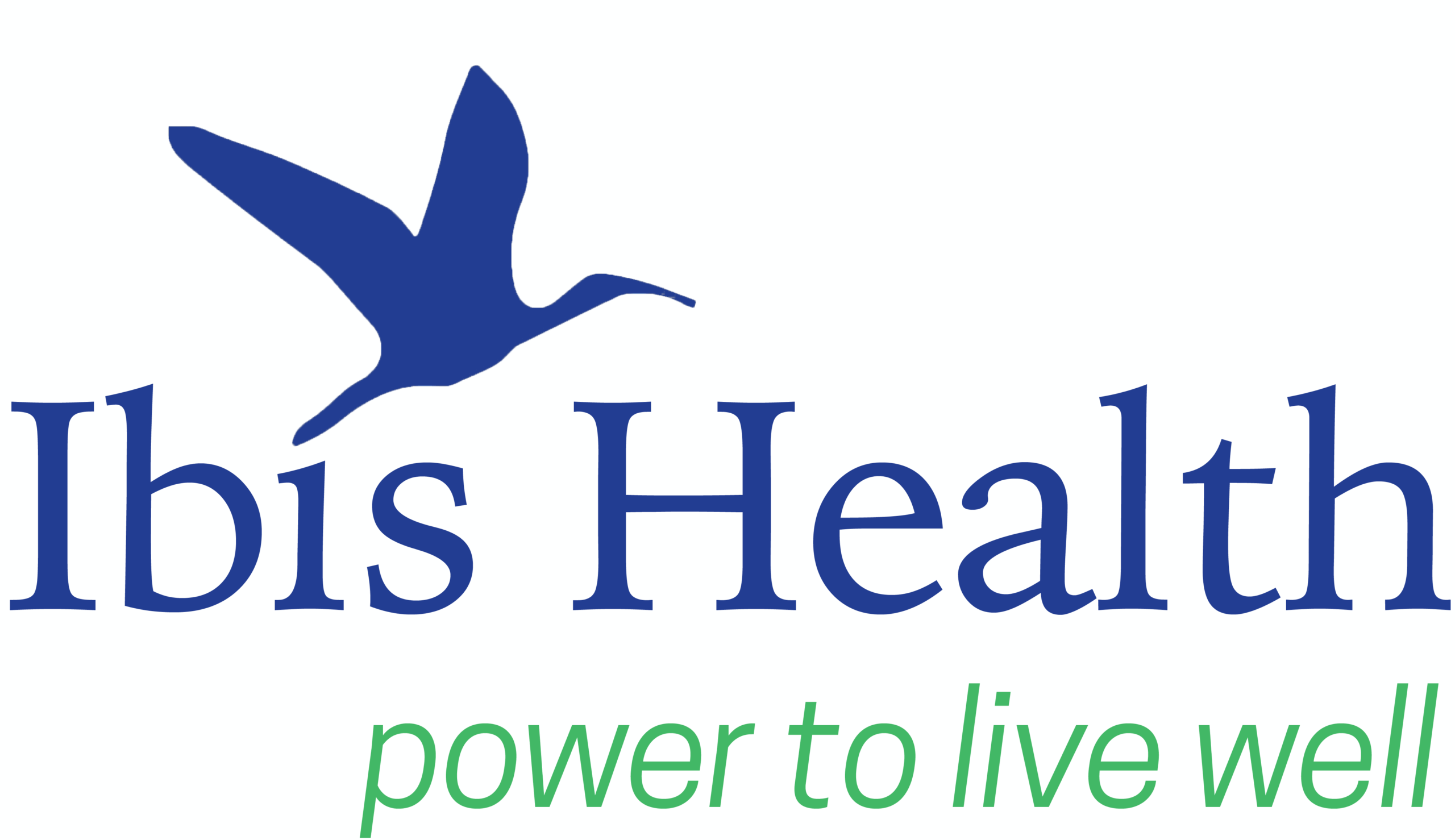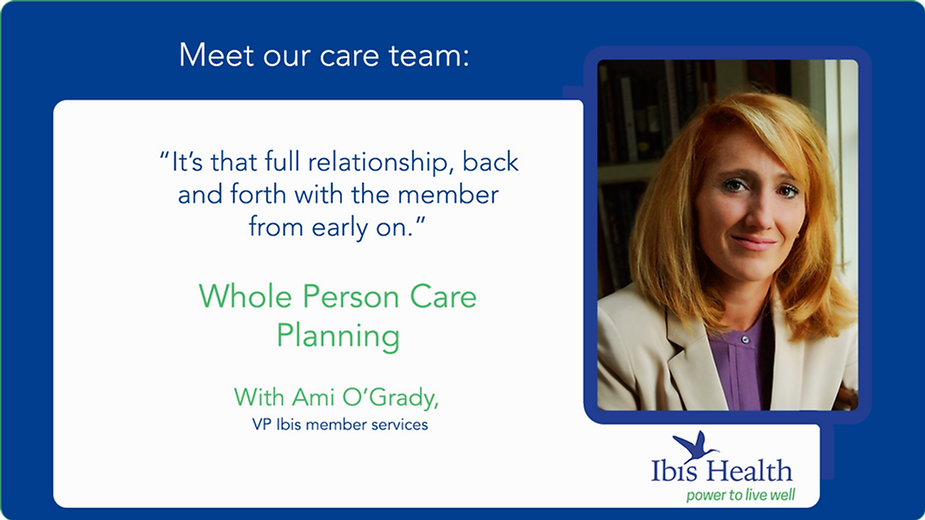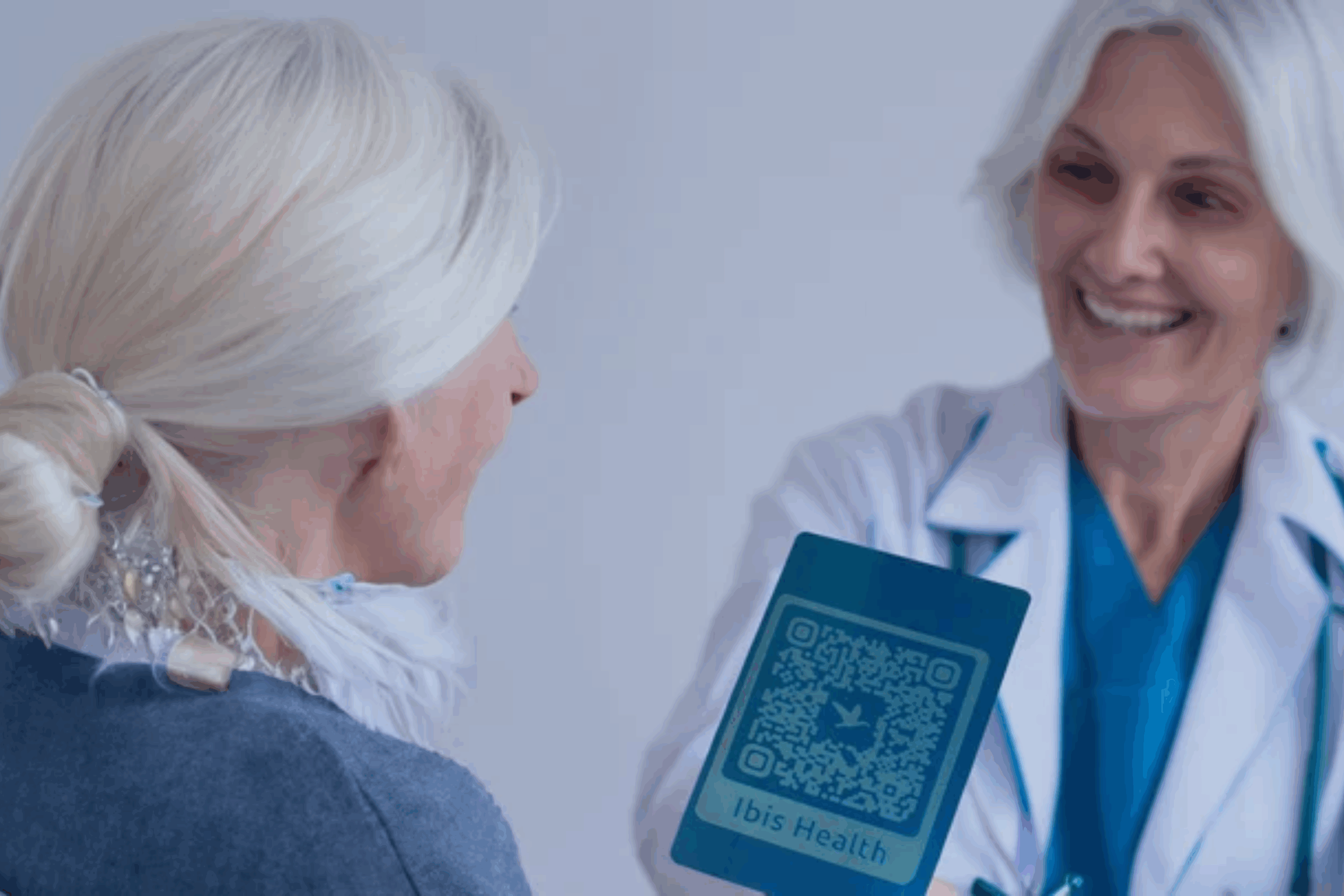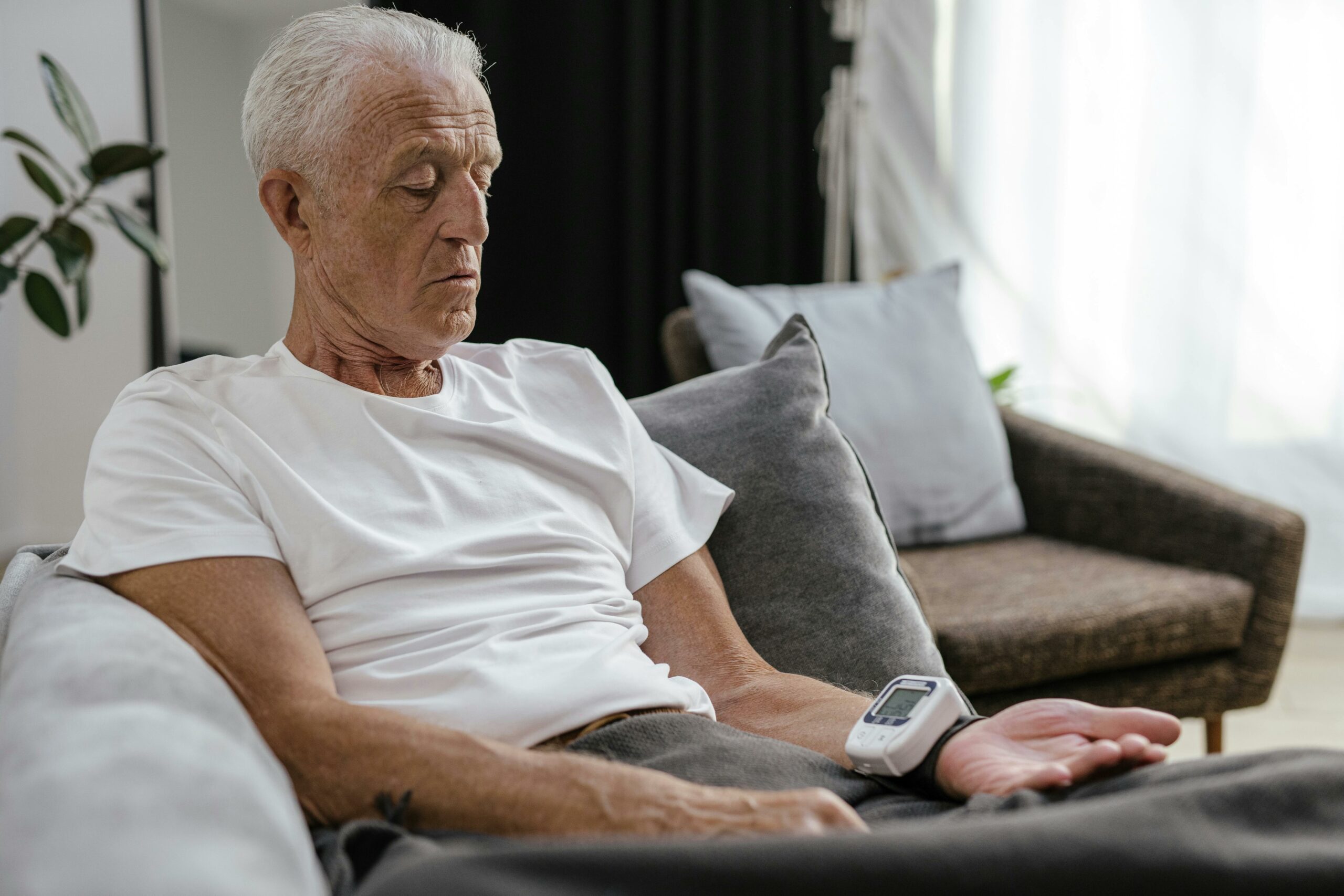Do you ever worry when you can’t find your keys, forget a name, or search for a word that escapes you? These kind of events are common and normal, even for younger people. But, as we age, we might worry about not being able to think clearly, learn, and remember. Brain experts call these skills cognitive (KOG nih tiv) health. We can take action to protect our brains and promote cognitive health. Try the tips below.
Tips to keep a healthy brain, for your mind and memory. The 4Ms – MIND.
Tip 1: Stay active. Keep moving. The old saying is true: “Use it or lose it.” This means we need to keep up our physical strength, protect our balance, and stay flexible. Make a plan to exercise at least 30 minutes, 5 days a week. This might be walking, gardening, biking, yoga, or other activities you enjoy.
Tip 2: Take care of your body. Brain and body are closely linked. Help your brain by helping your body.
- Get the health tests, exams, and vaccines your doctor suggests are right for you.
- Manage health conditions you may have such as diabetes, high blood pressure, others. Keep track of your medicines and take them as directed. Check with your doctor about possible effects on your brain or sleep.
- Lower your risk of falls and other injuries which may injure your brain.
- Get enough sleep – 7 or 8 hours each night.
- If you smoke, quit.
- If you drink alcohol, limit use. Alcohol is stronger and more powerful on older brains.
Tip 3: Eat healthy foods and drink water. Most experts suggest a variety of foods:
- Lots of fruits and vegetables – fresh, frozen, or canned – to fill half your plate
- Whole grains such as oatmeal, whole wheat bread and pasta, brown rice, and more
- Proteins such lean meat, poultry, and fish and others such as tofu, beans, nuts
- Dairy products – low fat or non-fat
- Limited fat, salt, and sugar
- Water – 6 to 8 glasses each day
Tip 4: Keep your mind active. We’re never too old to learn new ideas. In fact, we age better when we are lifelong learners. Challenge yourself with books, games, learning a new skill or hobby, working or being a volunteer, taking a class at a senior center or adult education program.
Tip 5: Stay connected with others. Our brains thrive when we feel connected with others – family, friends, co-workers, neighbors. Some towns have active senior centers which offer services and social programs. Your Area Agency on Aging may be able to direct you to programs. Some older adults find social contacts through a church, book club, or service group. Reach out, even it if feels hard at first. Most groups welcome new members.
Free downloads for your use:
Aging Health Brain

The information on this page is provided by the AgingME GWEP and the John A. Hartford Foundation.
 Senscio is a proud partner of AgingME
Senscio is a proud partner of AgingME



